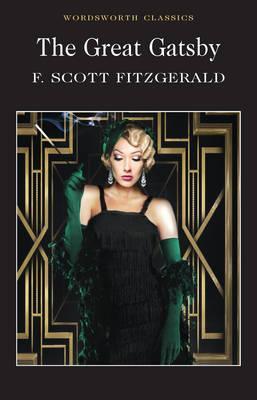Scott Fitzgerald perfectly captures the reality of the American dream in ‘The Great Gatsby’ set in the 1920’s; Nick Caraway lives alone trying to earn a living in the American Dream. Nick lives next to Jay Gatsby who hosts extravagant parties, which he never seems to attend. When Nick eventually comes to know Gatsby, he discovers that, like his parties, he is a very extravagant person with many stories to tell about his life.
Jay Gatsby and his long lost lover eventfully meet and their romance blossoms like it did before, as the novel goes on, we see that Gatsby relies on a luxury lifestyle in order for him, Daisy and all the other characters to live a seemingly “happy” life which all comes to a tragic ending.
One of my favourite themes in this book is how despite all the luxury of the idealistic American dream, the characters still feel that there is something missing from their lives and the tragic ending shows how despite Daisy’s love for Gatsby, she still let him take the blame for the woman she hit with Gatsby’s car. Fitzgerald’s writing is enthralling: his way of depicting romance is stunning whilst also showing the social themes of the 1920’s when the idea of the American dream was coming to an end. The story of a romance, which falls apart, ultimately ending in murder is symbolic of how the unrealistic goals of the American dream and the over-romanticized view of what life should be like eventually decays and falls apart.

